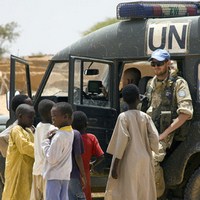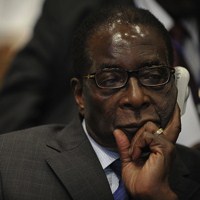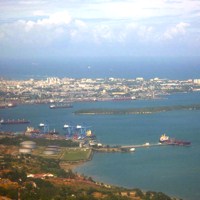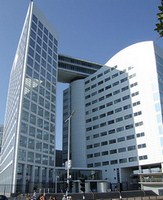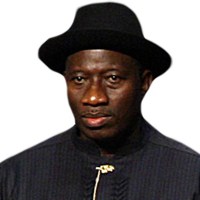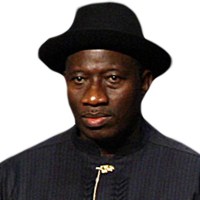
On April 24, Nigerian President Goodluck Jonathan inaugurated a committee charged with opening negotiations with militant group Boko Haram and preparing for a possible amnesty deal. In an email interview, Jennifer Giroux, a senior researcher at the Center for Security Studies at ETH Zurich who specializes in conflict in energy-producing and transit regions, explained what the process might entail as well as the obstacles it faces. WPR: What would the amnesty proposal currently under consideration for Boko Haram involve? Jennifer Giroux: At the moment there is not an amnesty deal but rather the organization of resources to develop an amnesty […]


